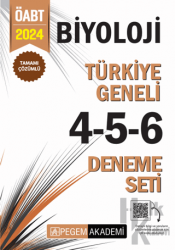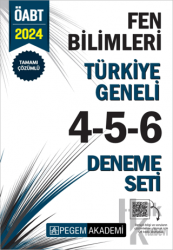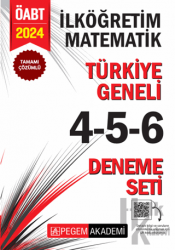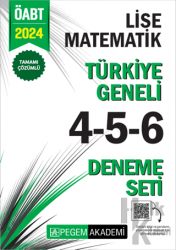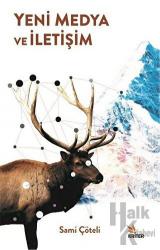Collective Memory and MediaThe Case of Missing Persons Issues in Cyprus
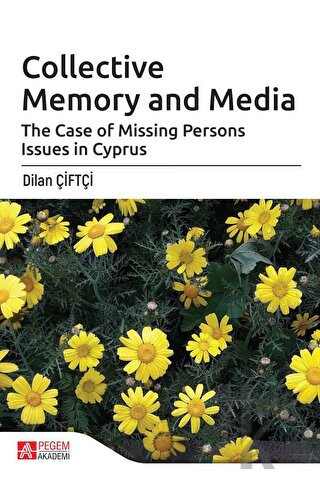
“In each epoch memory reconstructs an image of the past that is in accord with the predominant thoughts of the society.”
Maurice Halbwachs
The aim of the current book is to explore the conceptual development of collective memory of missing persons issues. Cyprus presents a unique opportunity for the investigation of collective memory and related issues dueto its vibrant and unresolved political and historical milieu. In order to provide a conceptual definition of collective memory, the types of memories, collective remembering and collective forgetting were elaborated in this book.
‘There is one critical way we honor great histories: by remembrance. Collective memory is as old as human society itself, serving as an important source of social cohesion, yet as Dilan Ciftci shows in this book, it has served and been shaped by media. Drawing on recent theoretical discussions of collective memory and forgetting, she develops an important new basis for media roles in such processes. Crucial to Ciftci’s analysis is her examination of the missing persons issues in Cyprus in symbolic configurations of collective memory as remembrance becomes increasingly important to Turkish and Greek Cypriot communities. She demonstrates the media’s capacity to simulate collective memory and the imperviousness of the historical past in post-conflict societies.’’ Assoc. Prof. Dr. Luciano Baracco.
‘‘This book is a must read for all Cypriots. By delving into the pages, you will go through a rollercoaster of emotions covered eloquen0tly by the author to arrive at an acceptance of the past, on the path toward reconciliation.’’ Assoc. Prof. Dr. Shenel Husnu Raman.
- Açıklama
“In each epoch memory reconstructs an image of the past that is in accord with the predominant thoughts of the society.”
Maurice Halbwachs
The aim of the current book is to explore the conceptual development of collective memory of missing persons issues. Cyprus presents a unique opportunity for the investigation of collective memory and related issues dueto its vibrant and unresolved political and historical milieu. In order to provide a conceptual definition of collective memory, the types of memories, collective remembering and collective forgetting were elaborated in this book.
‘There is one critical way we honor great histories: by remembrance. Collective memory is as old as human society itself, serving as an important source of social cohesion, yet as Dilan Ciftci shows in this book, it has served and been shaped by media. Drawing on recent theoretical discussions of collective memory and forgetting, she develops an important new basis for media roles in such processes. Crucial to Ciftci’s analysis is her examination of the missing persons issues in Cyprus in symbolic configurations of collective memory as remembrance becomes increasingly important to Turkish and Greek Cypriot communities. She demonstrates the media’s capacity to simulate collective memory and the imperviousness of the historical past in post-conflict societies.’’ Assoc. Prof. Dr. Luciano Baracco.
‘‘This book is a must read for all Cypriots. By delving into the pages, you will go through a rollercoaster of emotions covered eloquen0tly by the author to arrive at an acceptance of the past, on the path toward reconciliation.’’ Assoc. Prof. Dr. Shenel Husnu Raman.Format:Kitap
- Taksit Seçenekleri
- Axess KartlarTaksit SayısıTaksit tutarıGenel ToplamTek Çekim95,6895,68249,7599,51333,81101,42617,22103,33911,69105,25Finansbank KartlarıTaksit SayısıTaksit tutarıGenel ToplamTek Çekim95,6895,68249,7599,51333,81101,42617,22103,33911,69105,25Bonus KartlarTaksit SayısıTaksit tutarıGenel ToplamTek Çekim95,6895,68249,7599,51333,81101,42617,22103,33911,69105,25Paraf KartlarTaksit SayısıTaksit tutarıGenel ToplamTek Çekim95,6895,68249,7599,51333,81101,42617,22103,33911,69105,25Maximum KartlarTaksit SayısıTaksit tutarıGenel ToplamTek Çekim95,6895,68249,7599,51333,81101,42617,22103,33911,69105,25World KartlarTaksit SayısıTaksit tutarıGenel ToplamTek Çekim95,6895,68249,7599,51333,81101,42617,22103,33911,69105,25Diğer KartlarTaksit SayısıTaksit tutarıGenel ToplamTek Çekim95,6895,682--3--6--9--
- Yorumlar
- Yorum yazBu kitabı henüz kimse eleştirmemiş.
- Yayınevinin Diğer Kitapları
- Yazarın Diğer Kitapları





